Deputy Prime Minister Tran Luu Quang outlined five orientations to promote OECD-Southeast Asia investment cooperation - Photo: VGP/Hai Minh
First of all, the Deputy Prime Minister suggested that the two sides continue to strengthen policy advice, technical assistance and experience sharing with Southeast Asian countries in institution building and improving national governance capacity on sustainable investment.
The two sides need to effectively implement the OECD-ASEAN Memorandum of Understanding, promote priority projects, especially in tax, trade and investment facilitation, and coordinate to standardize and harmonize investment regulations, environmental protection policies, and green investment.
Second, the two sides create momentum for investment cooperation on sustainable development in emerging and key areas, such as energy transition, green growth, digital economy , circular economy, and ecological agriculture.
The Deputy Prime Minister called on OECD countries to cooperate with Southeast Asian countries to build high-tech centers and innovation centers, thereby helping ASEAN to fully exploit its potential and become a center for connecting global supply chains and a center for research and development of technology to adapt to climate change.
The Deputy Prime Minister believes that with its great potential and advantages, the OECD-Southeast Asia investment cooperation relationship will be a model for building global investment partnership frameworks - Photo: VGP/Hai Minh
Third, the Deputy Prime Minister proposed that OECD support the establishment of foundations for sustainable investment, such as cooperation in upgrading and connecting strategic infrastructure in Southeast Asia, enhancing connectivity between Southeast Asia and OECD through supporting the implementation of the ASEAN Connectivity Master Plan 2025, infrastructure development initiatives of OECD and member countries; developing high-quality human resources and management human resources to meet the needs of high-tech projects and source technology.
Fourth, creating models of sustainable and quality investment cooperation. Accordingly, to meet the huge investment needs, especially in developing countries, there needs to be an effective combination of resources from the state, the private sector, and multilateral development banks, through a unified vision and action among countries, regional and global organizations.
The Deputy Prime Minister believes that with its great potential and advantages, the OECD-Southeast Asia investment cooperation relationship will be a model for building global investment partnership frameworks.
Fifth, constantly strengthen the peaceful and stable environment for cooperation and development. Regarding this issue, the Deputy Prime Minister affirmed that Vietnam and ASEAN always persistently promote the resolution of disputes and disagreements by peaceful solutions.
Faced with escalating conflicts at hotspots around the world, the Deputy Prime Minister called on relevant parties to exercise restraint, not take actions that complicate the situation, and soon resume negotiations to resolve disagreements through peaceful means, on the basis of international law and the United Nations Charter.
This is the second time the OECD-Southeast Asia Ministerial Forum has been held in Hanoi, at the initiative of Vietnam and Australia as co-chairs of the OECD Southeast Asia Programme for the 2022-2025 period - Photo: VGP/Hai Minh
This is the second time the OECD-Southeast Asia Ministerial Forum has been held in Hanoi, at the initiative of Vietnam and Australia as co-chairs of the OECD Southeast Asia Programme for the 2022-2025 period.
In recent years, cooperation between OECD and Southeast Asia has seen many positive developments with effective mechanisms and active participation of the business community through specific projects. This year's Forum is a prominent demonstration of the joint efforts of both sides to deepen the OECD-Southeast Asia partnership.
In the context of a difficult world economy, slow growth, and declining global investment due to the consequences of the COVID-19 pandemic and uncertainties in the international political and security environment, Southeast Asia remains a bright spot in attracting FDI, with 2022 reaching a record high of more than 220 billion USD, affirming its increasingly important position in the region's economic map.
Southeast Asia is an important link in global economic integration, the "center" of the world's largest FTAs, a strategic destination for investment and supply chain diversification, especially in the fields of high technology, electronics, semiconductors, etc.
Southeast Asia is also a pioneer in new areas such as digital economy, green growth, circular economy, with strong commitments to carbon neutrality; a region with great potential in digital transformation with a market size of up to 1 billion USD by 2030.
Photo: VGP/Hai Minh
Besides these advantages, the region is also facing many challenges, typically high economic openness, increasingly fierce competition to attract high-quality FDI, especially when the global minimum tax regulation is applied from 2024, strongly affecting investment decisions and restructuring of supply chains of corporations.
Investment flows for green growth and emissions reduction in the region are not yet guaranteed. It is estimated that the region needs up to US$3 trillion by 2030 to implement projects in renewable energy, energy transition, and infrastructure.
Many countries in the region struggle to foster closer and more effective links between multinational corporations and domestic businesses, including in technology transfer and human resource training.
For Vietnam, after nearly 40 years of innovation, Vietnam has achieved many important development achievements, in which the economic scale reached over 400 billion; average income per capita reached nearly 4,100 USD, an increase of 22 times compared to 1991.
Vietnam has become one of the top 30 economies in terms of commodity export turnover in the world and has signed 16 FTAs with the participation of over 60 countries and territories.
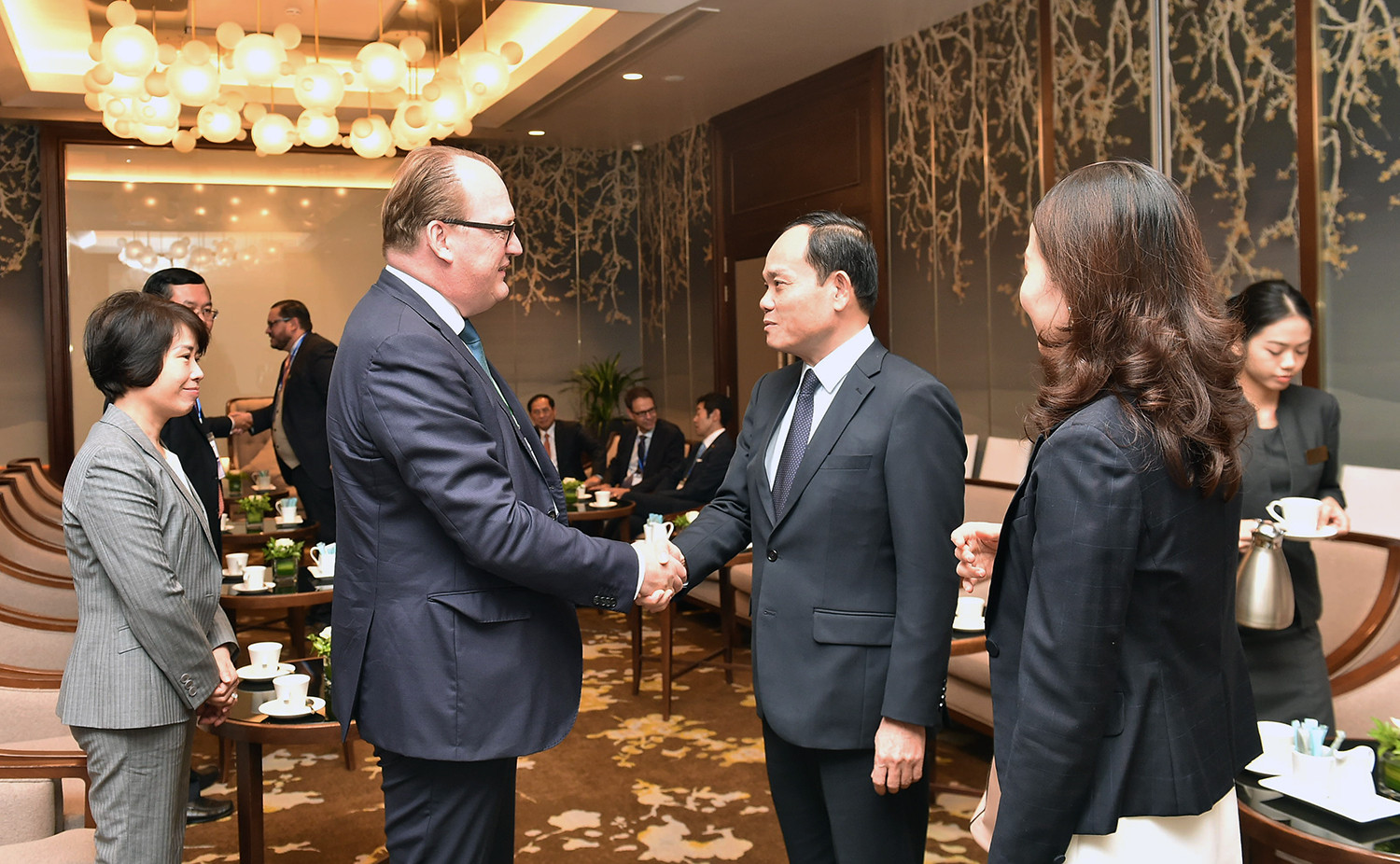
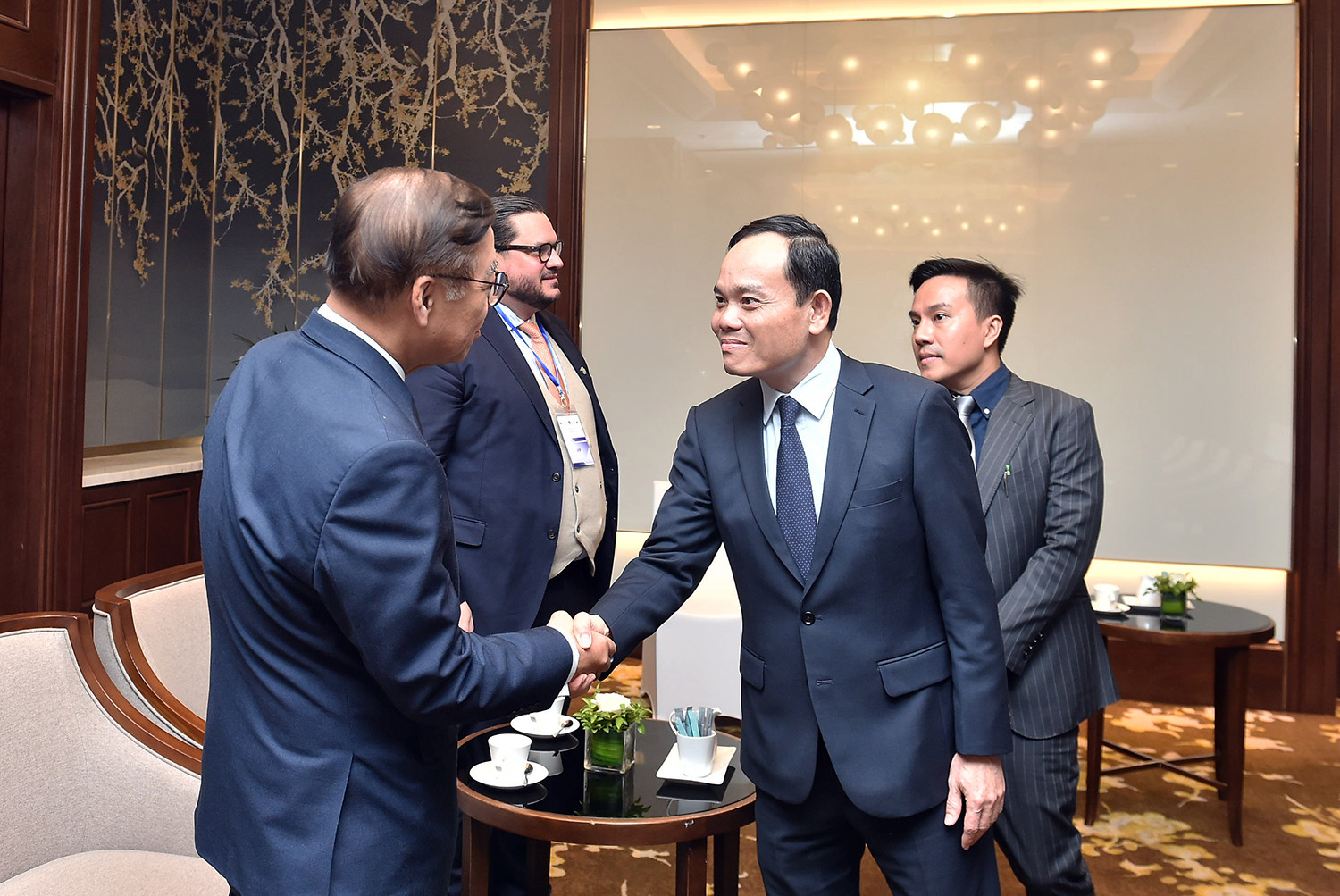
Deputy Prime Minister Tran Luu Quang talks with delegates attending the forum - Photo: VGP/Hai Minh
In the current development strategy, Vietnam identifies investment as an important growth driver of the economy; public investment is always given attention and strongly promoted by the Government; foreign investment is encouraged and facilitated for long-term development in an environment of equal competition.
Regarding foreign investment, at the recent Dialogue Conference with foreign enterprises, Prime Minister Pham Minh Chinh clearly stated Vietnam's three commitments: Protecting the legitimate and legal rights and interests of investors; accompanying enterprises to overcome difficulties and challenges on the principle of harmonious benefits and shared risks; creating an equal, transparent, healthy and sustainable production and business environment and ecosystem.
Deputy Prime Minister Tran Luu Quang believes that the achievements, along with the above-mentioned development orientation and the strong commitment of the head of the Government, will be the foundation for enhancing high-quality and sustainable investment cooperation between Vietnam and its partners, including OECD and Southeast Asian countries.
Source


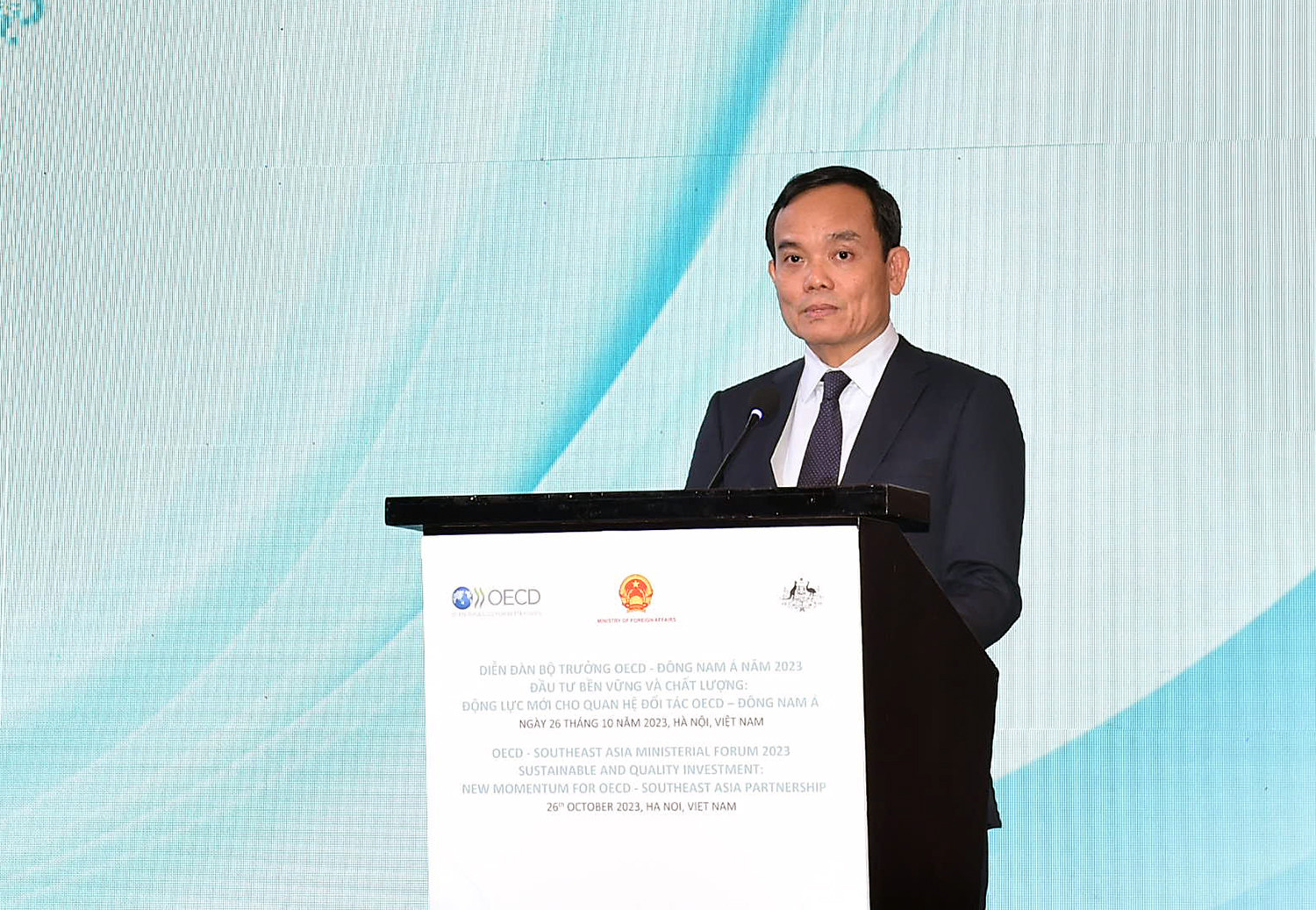
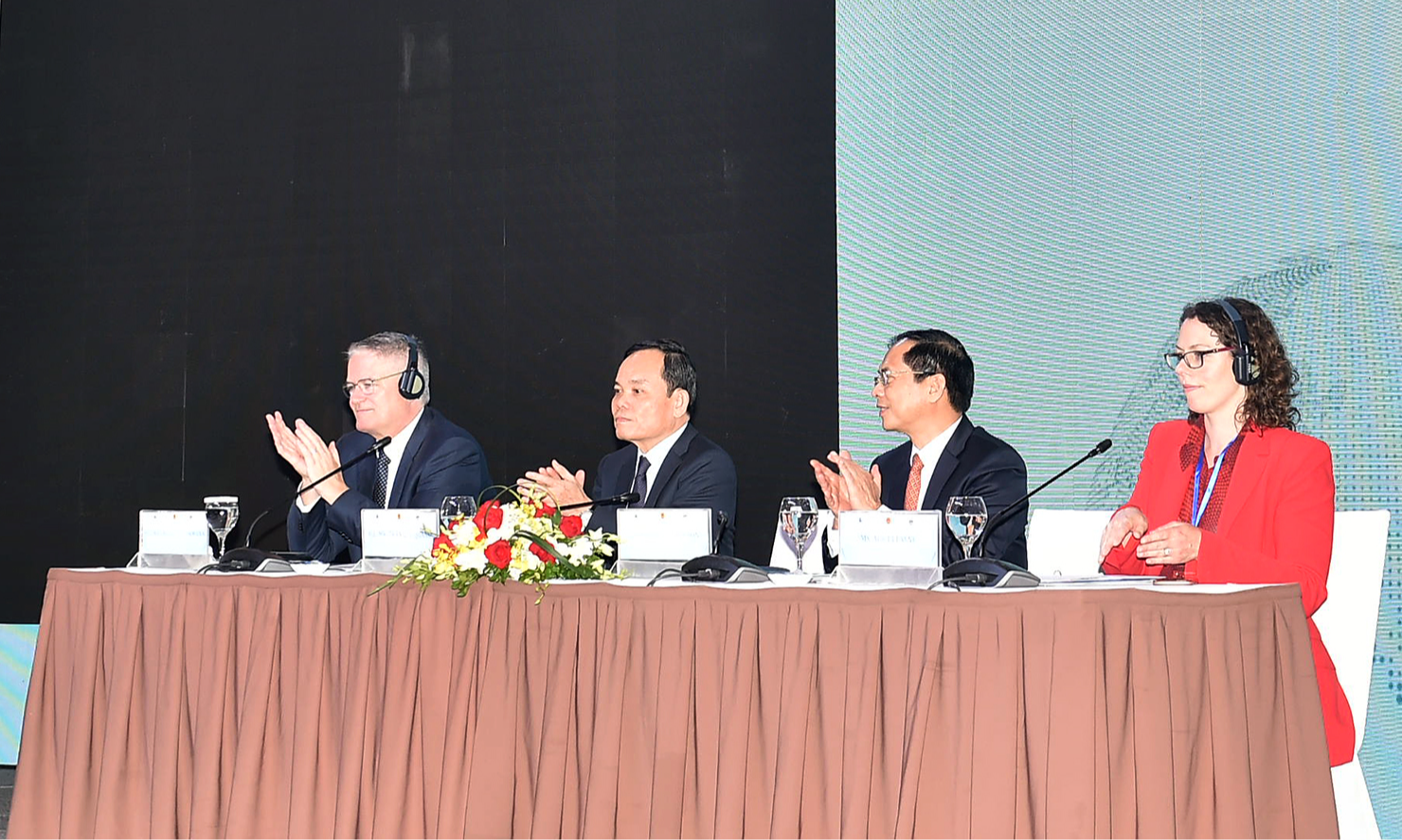
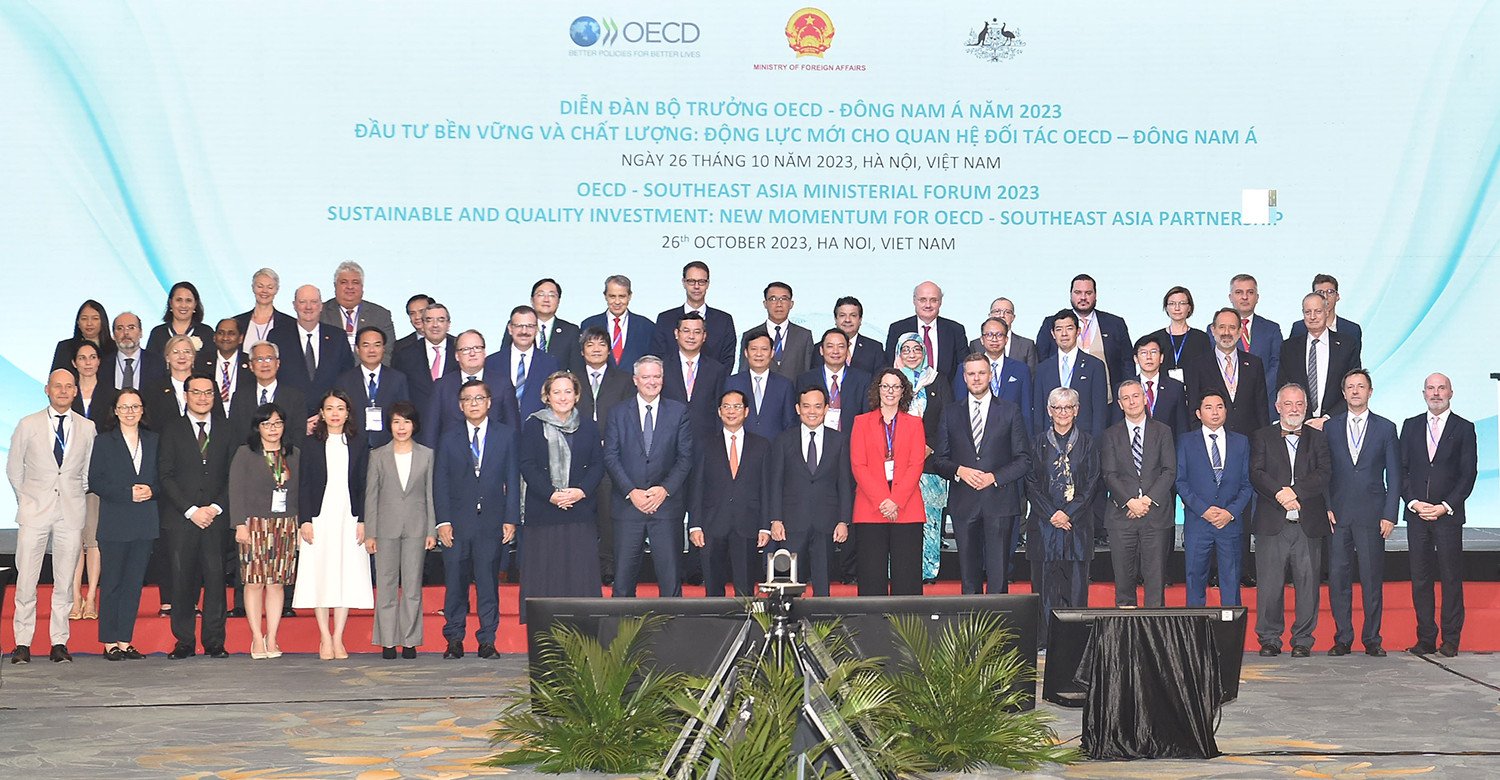
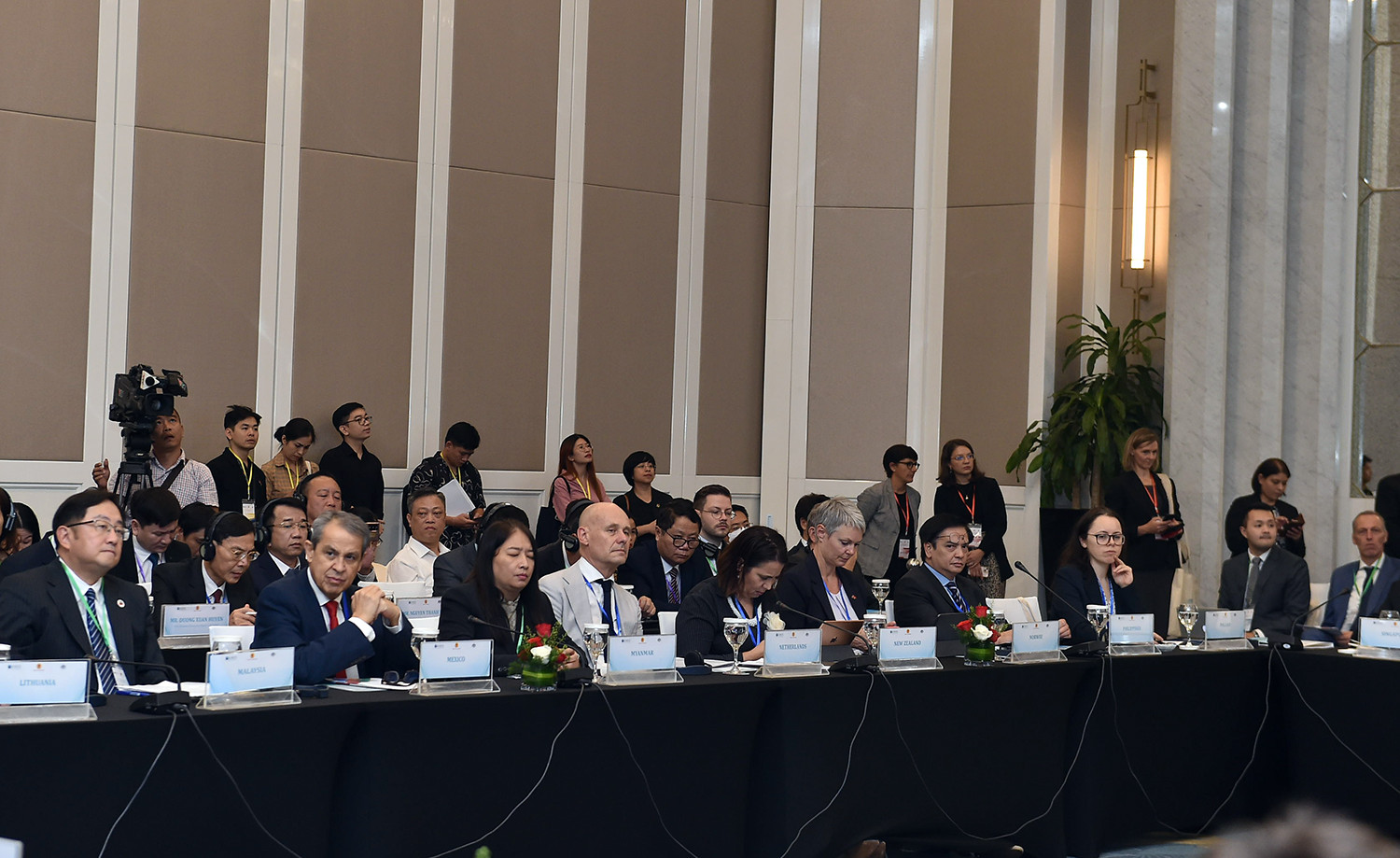

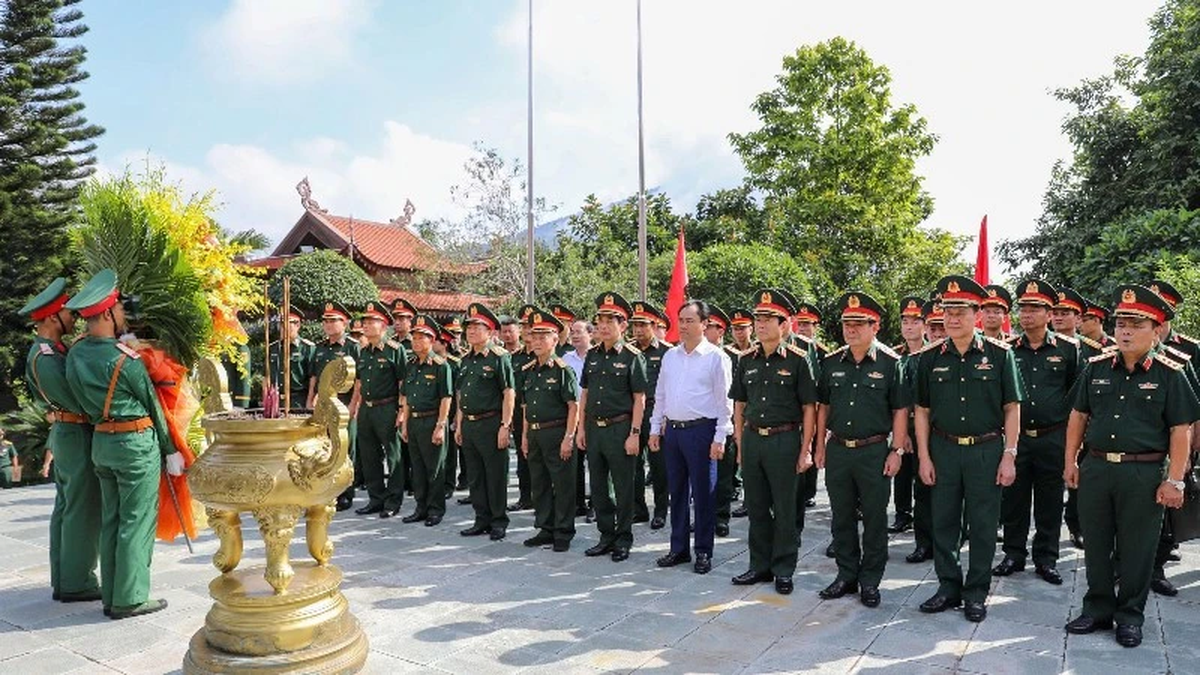

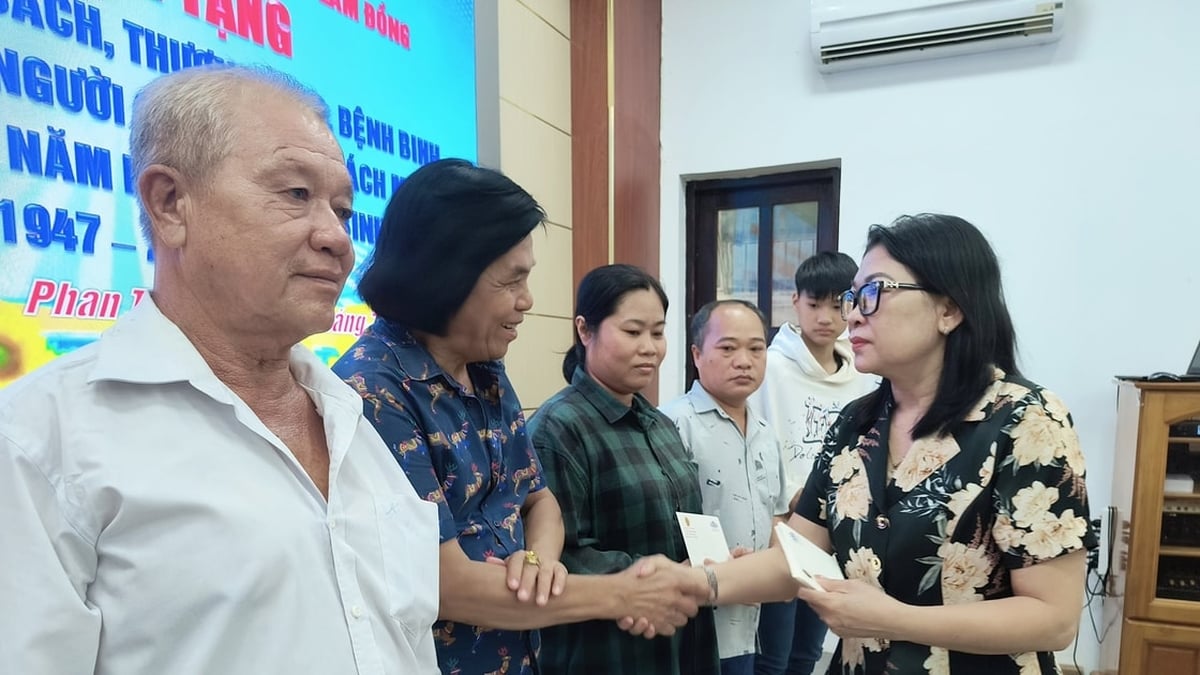
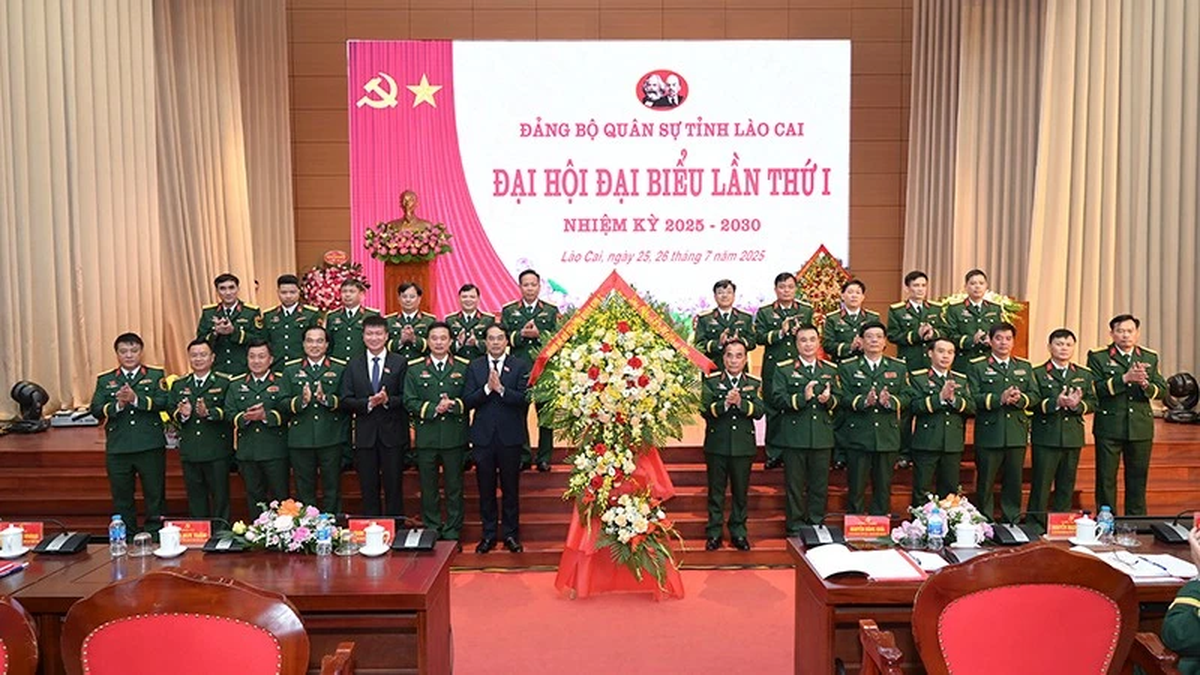
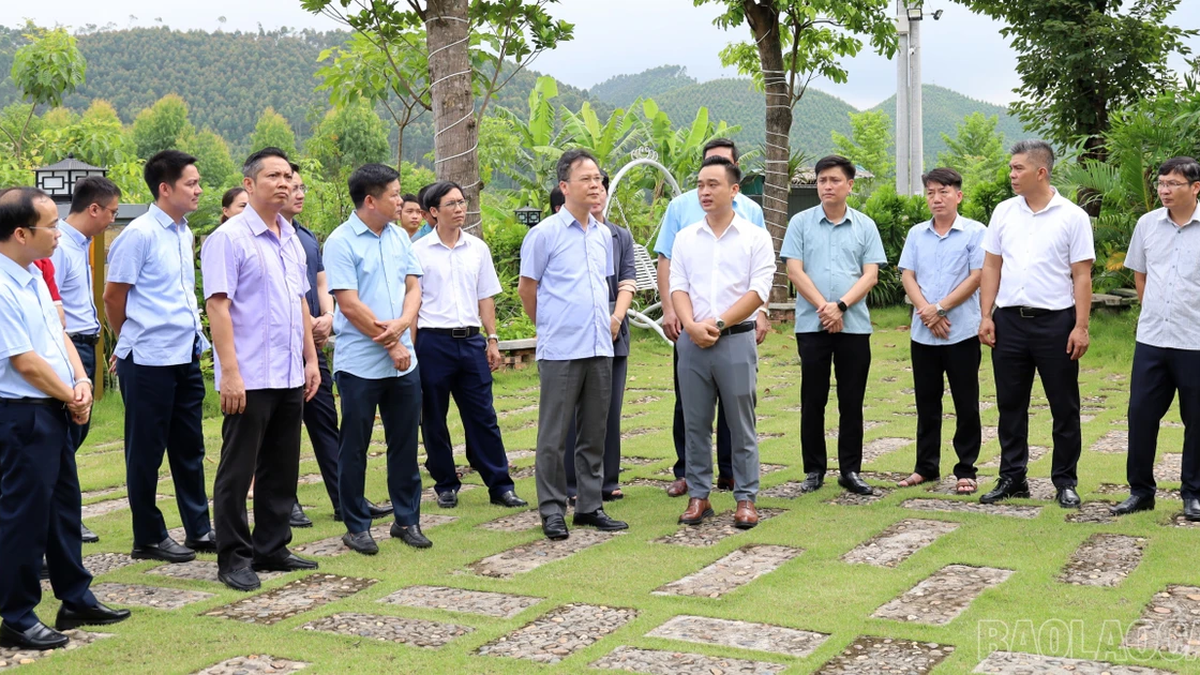
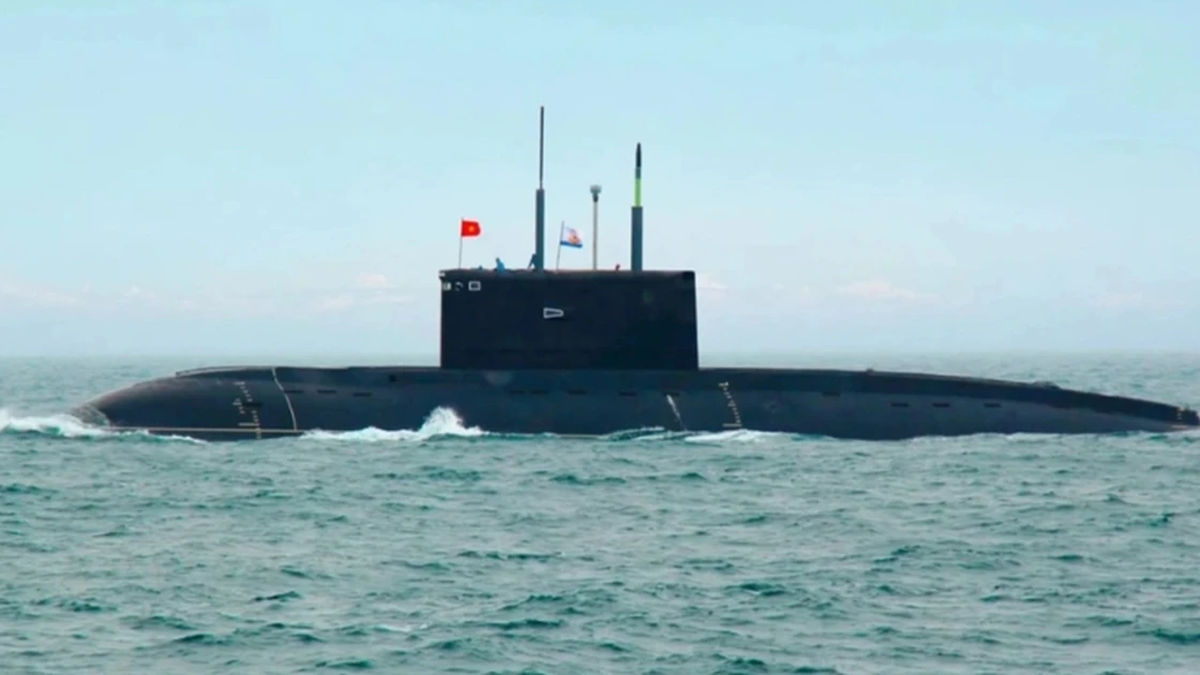
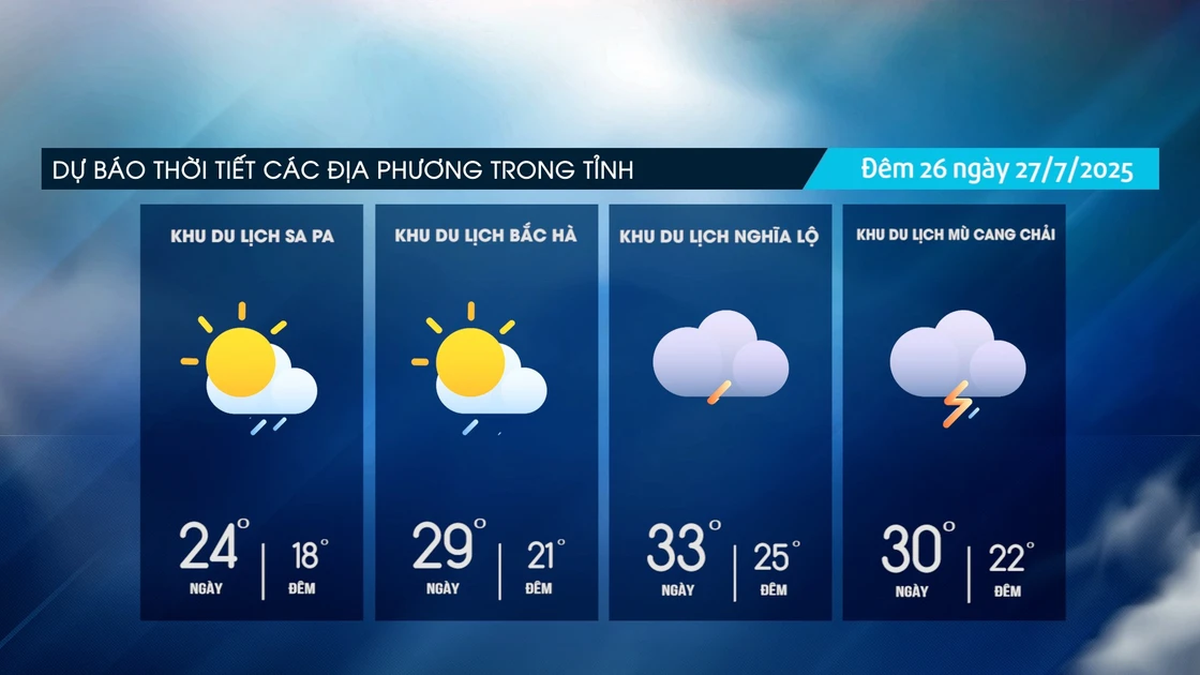

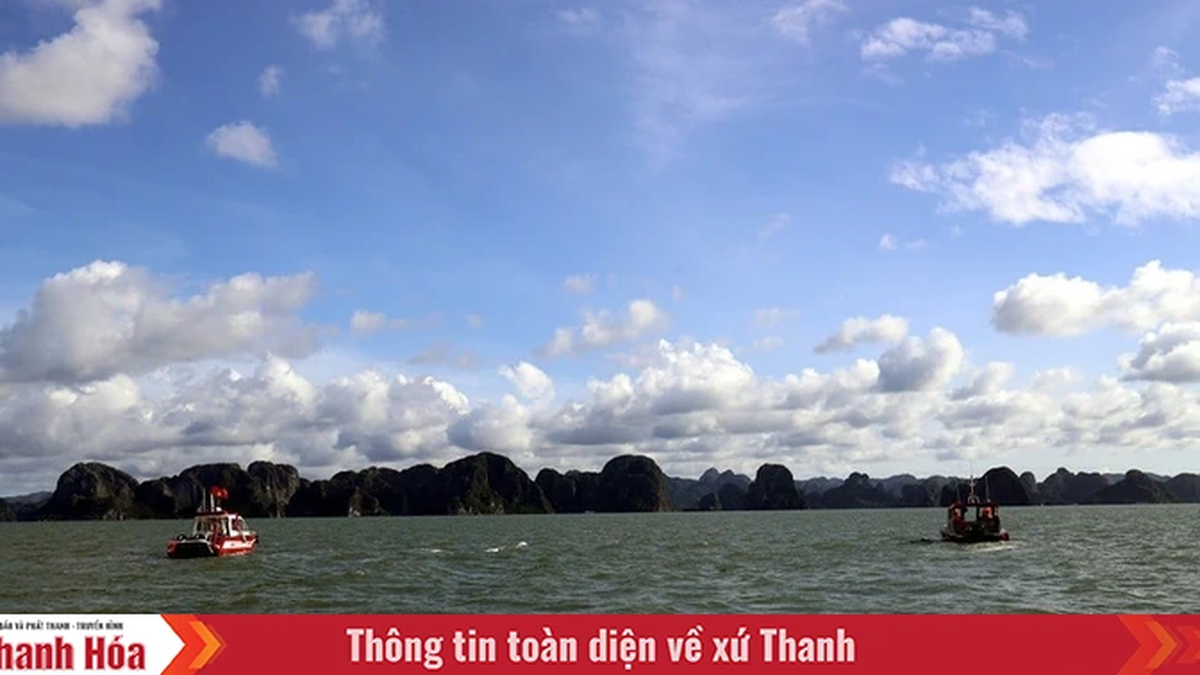






















































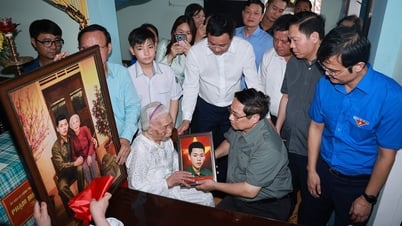
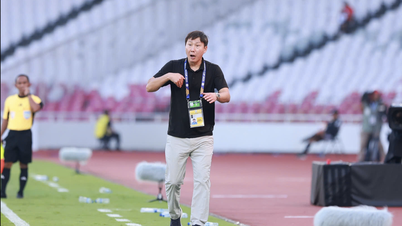








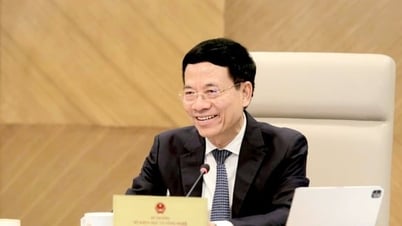

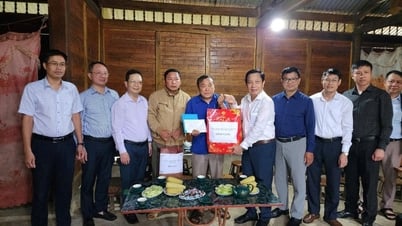
























Comment (0)